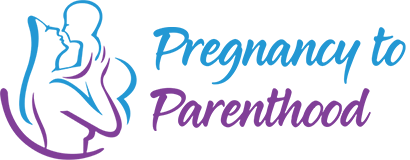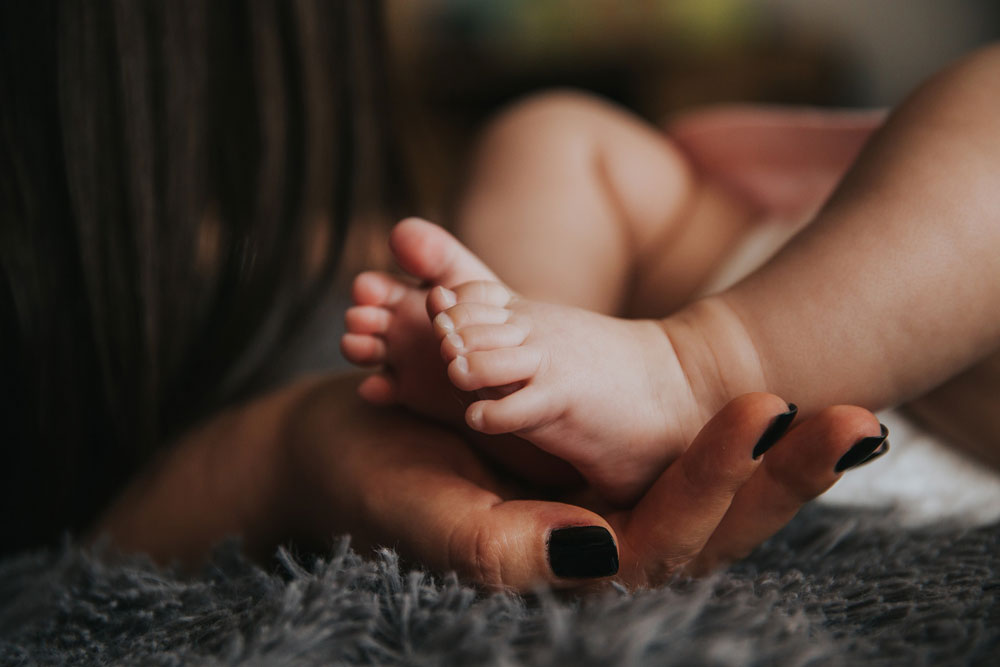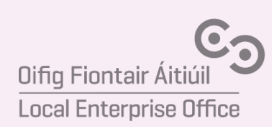Even though I was surprised that nobody knew this information already, I didn’t think too much more about it at the time. I was happy to take part, knowing it may help somebody one day. My first baby was born in May 2013 and it struck me with every survey that arrived, that the MAMMI Study asked questions that nobody else asked.
By the time I filled out the five-year follow-up survey I had three children and I had trained as an antenatal educator with Antenatal Ireland. Pregnancy, birth and transitioning to parenthood had become very important to me personally and professionally. That was 2018 and even though there was an increasing awareness in society about postnatal depression and postnatal mood disorders, there was still very little talk about it among the women I knew. It had become normal to be presented daily with carefully manufactured snapshots of motherhood on social media that heaped pressure on new mothers to aim for something unrealistic. There was certainly little or no talk about postnatal physical health problems…apart from the odd joke about not daring to go on the trampoline with the kids. Behind the jokes there are real women who suffer unnecessarily. And as the study results showed, most of those women did not speak to a health care professional about their symptoms.
So, what did the MAMMI team do with the information collected from over 3,000 women? They continued to consult with the women who took the time to complete the surveys. They invited the women to presentations of the findings and recruited their help when deciding what to do next. The team, in collaboration with a core group of the original study participants, created a Massive Open Online Course (MOOC) on Women’s Health After Motherhood (WHAM). I was thrilled to be one of the women involved. My contribution was small but hopefully helpful.
A social media post from the MAMMI team in advance of the course launch spoke about enabling women “to understand the postpartum issues that may be common but not normal” and that is the crucial point. Most women are told too many anecdotes from those around them and not given enough facts and evidence. They are not asked questions by health professionals that really encourage them to open-up and speak about what may be concerning them. Birth and transitioning to motherhood is an amazing experience but it is also overwhelming and a very steep learning curve. Society expects women to bounce back to “normal” after birth without providing much information about what they might experience, what strategies may be beneficial and who can help with different issues? In that environment it is crucial to provide honest, factual and useful information about becoming a mother.
The course is filled with the lived experiences of women, statistics on common but not normal physical and psychological symptoms, tips on what to look out for, self-help tips and where to go for professional help. There is a fantastic interactive infographic summarising a variety of symptoms that women may experience after having a baby. Cinny Cussack, physiotherapy manager in the Rotunda hospital, has a fantastic segment on how to do pelvic floor exercises correctly. John Sheehan, consultant psychiatrist in the Rotunda, has an engaging and informative video about postnatal mood disorders.
Each of the four one-hour segments is packed with valuable information that was never readily available before. There is now one place where women can access factual information on a myriad of postnatal symptoms. I must admit, it was a little unusual to hear my own voice when working through the course, but I really appreciated hearing the real voices of other mothers. It added a sense of authenticity to the experience. I really believe WHAM can help start a bigger discussion around women’s health after motherhood and can encourage an ethos in society and in our health service of really listening to all women.
Women’s Health after Motherhood is freely available on Future Learn. It will run at intervals throughout 2020 and can be accessed here https://www.futurelearn.com/courses/womens-health-after-motherhood
All of the content will also be available on the MAMMI website https://www.mammi.ie/





